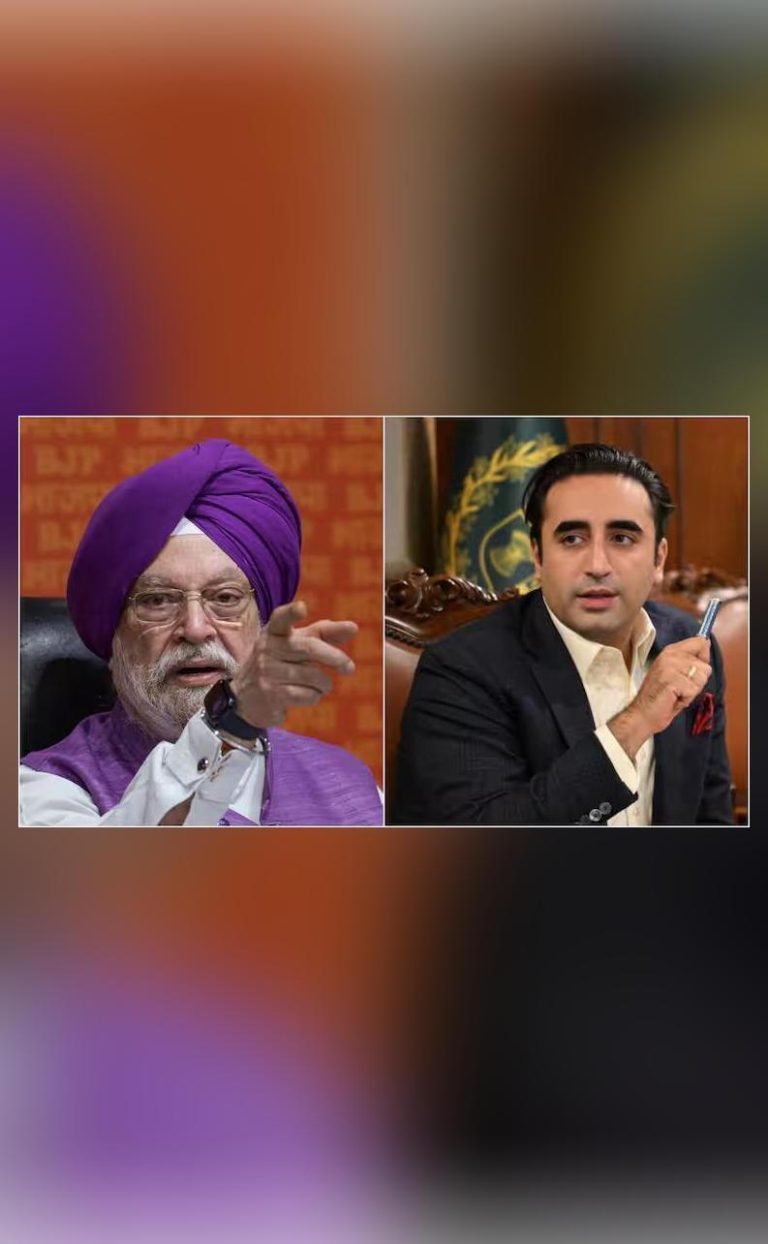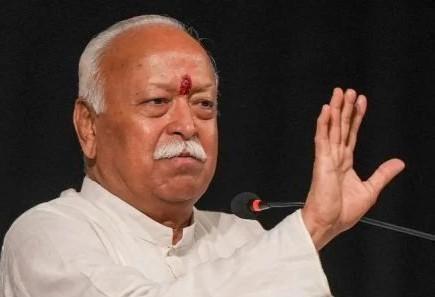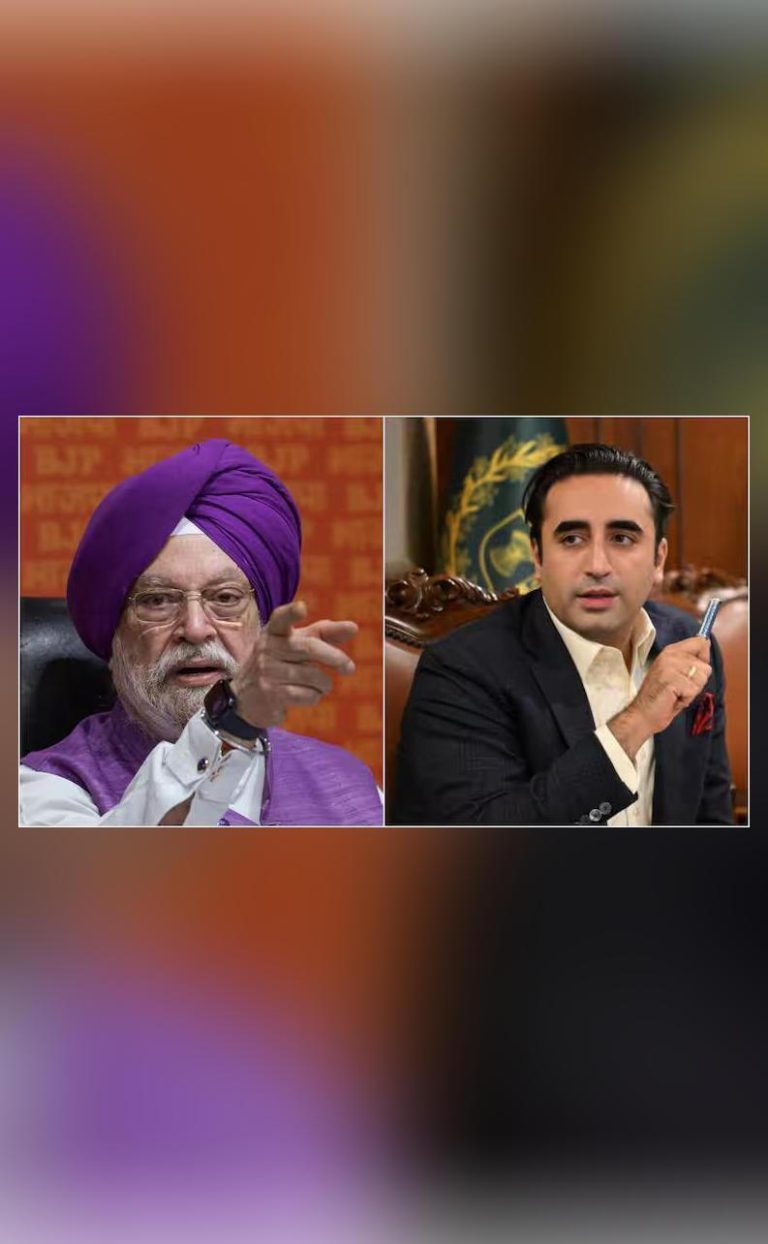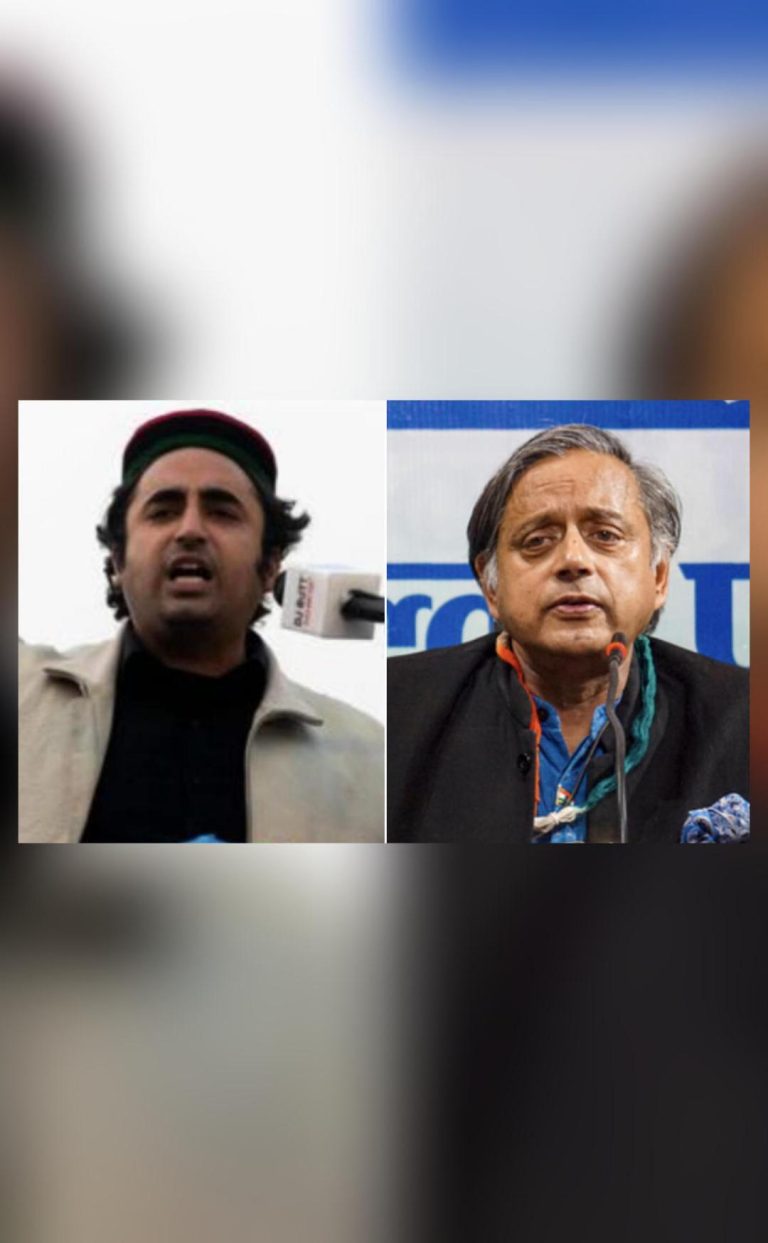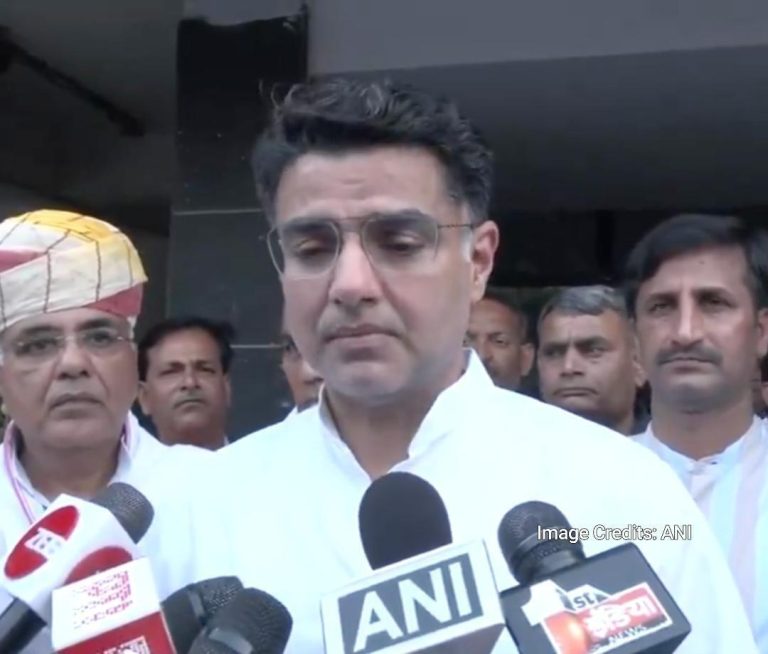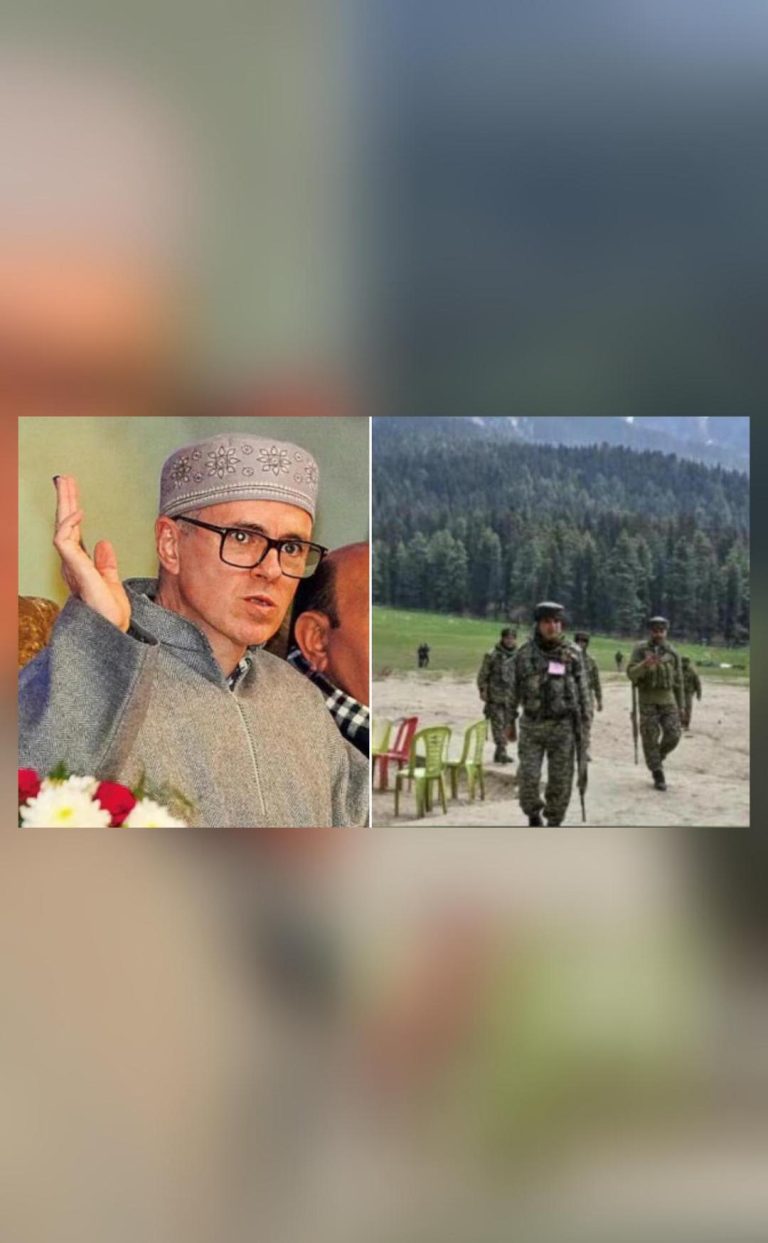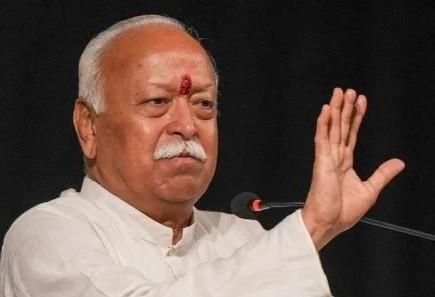
If someone turns to evil then we’ll teach lesson: Bhagwat on J&K attack
In the wake of the recent terror attack in Pahalgam, Jammu and Kashmir, RSS chief Mohan Bhagwat has made some thought-provoking remarks that have sparked a heated debate. In an interview, Bhagwat said that non-violence is indeed India’s religion, but so is teaching a lesson to “oppressors and hooligans”. His statement has raised eyebrows, with many questioning the fine line between defending one’s country and resorting to violence.
The terror attack in Pahalgam, which resulted in the loss of several lives, has sent shockwaves across the country. The incident has led to widespread outrage and calls for stricter measures to tackle terrorism. Bhagwat’s statement, in the context of this attack, has reignited the debate on the effectiveness of non-violence in the face of evil.
“We never harm or disrespect our neighbours, but if someone is bent on being evil, what is the cure?” Bhagwat asked in the interview. “The king’s duty is to protect the people, and he will do his duty.” His words have sparked a heated debate, with many interpreting his statement as a veiled threat to those who perpetrate violence against India.
On one hand, Bhagwat’s statement can be seen as a reflection of the government’s resolve to protect its citizens from harm. In a world where terrorism and violence seem to be on the rise, the need for a strong and effective response is more pressing than ever. Bhagwat’s emphasis on the king’s duty to protect his people resonates with many, who believe that sometimes, harsh measures are necessary to safeguard national security.
On the other hand, Bhagwat’s statement can also be seen as a departure from India’s traditional values of non-violence. Mahatma Gandhi, the father of the nation, famously advocated for non-violent resistance as a means to achieve freedom and social change. Bhagwat’s statement, however, seems to suggest that non-violence may not always be a viable option in the face of evil.
The debate is further complicated by the fact that Bhagwat’s statement has been interpreted as a threat to those who perpetrate violence against India. Some have criticized the statement as being inflammatory and divisive, as it seems to target specific groups or individuals. Others have argued that Bhagwat’s statement is a reflection of the government’s commitment to national security and the protection of its citizens.
In the midst of this debate, it is worth remembering that the RSS chief’s statement was made in the context of a specific incident – the terror attack in Pahalgam. The attack was a brutal and heinous crime that has left many families grieving. Bhagwat’s statement, while controversial, can be seen as a reflection of the outrage and anger that many Indians feel in the wake of such incidents.
Ultimately, the debate surrounding Bhagwat’s statement highlights the complexities and nuances of the issue. While non-violence is undoubtedly an important value in Indian society, it is also important to recognize that sometimes, harsh measures may be necessary to protect national security and safeguard the lives of citizens.
As the nation continues to grapple with the aftermath of the terror attack in Pahalgam, it is crucial that we engage in a nuanced and informed debate about the role of non-violence in Indian society. We must also recognize the importance of national security and the need to protect our citizens from harm.
In conclusion, Bhagwat’s statement serves as a reminder that the debate around non-violence and national security is complex and multifaceted. While his words may have sparked controversy, they also highlight the need for a nuanced and informed discussion about the role of non-violence in Indian society. As we move forward, it is essential that we engage in a respectful and constructive dialogue about the issues that matter most to our nation.
Source: https://youtu.be/SpAKVWl5wII
